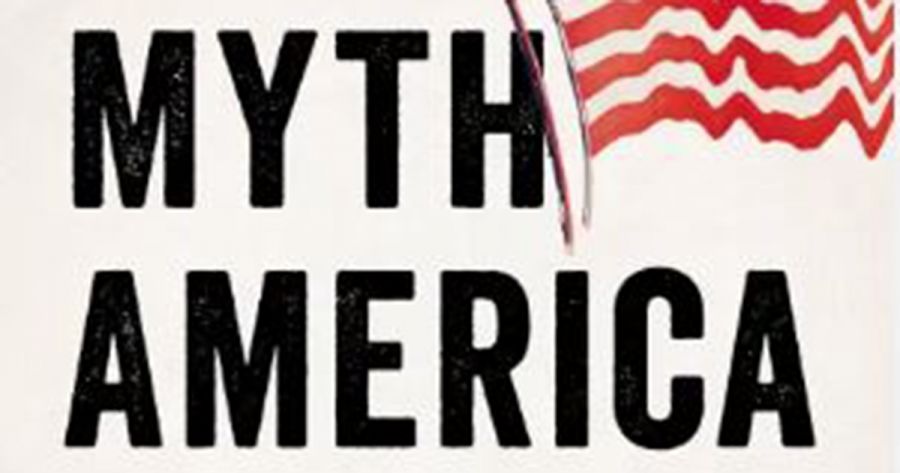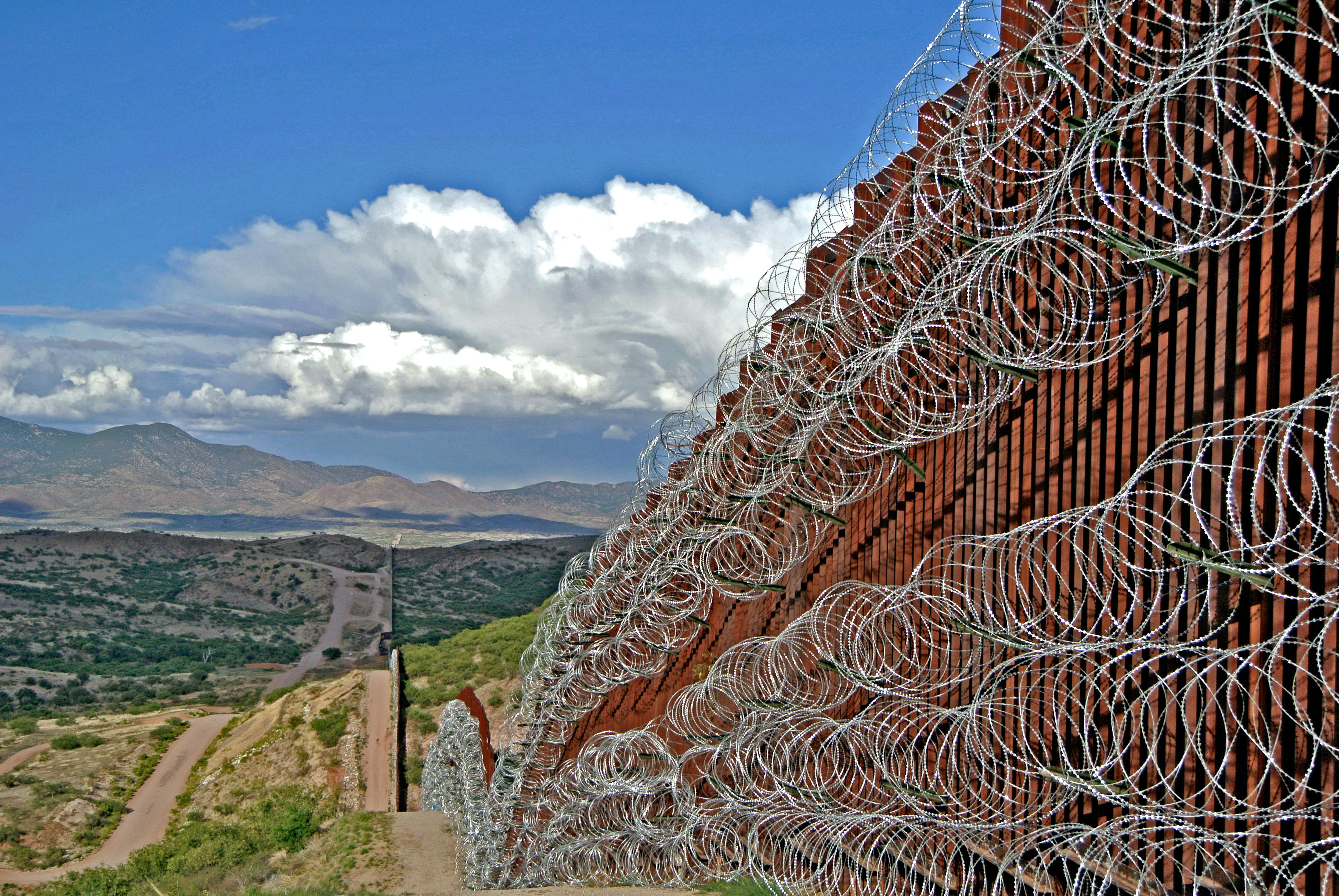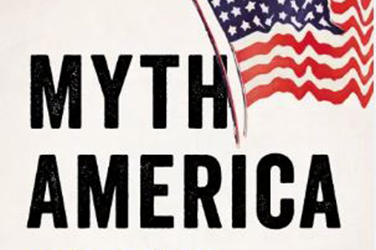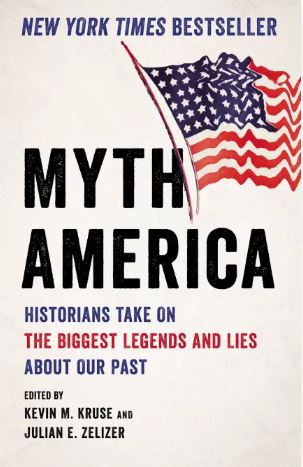
- Free Article: No
- Contents Category: History
- Review Article: Yes
- Article Title: Sacred days, sacred cows
- Article Subtitle: Debunking historical myths about the United States
- Online Only: No
- Custom Highlight Text:
All nations are sustained by myth-making, but some myths are more problematic than others. Australia has long taken heart from the myth of Anzac, the story that in their ‘baptism of fire’ at Gallipoli, in 1915, Australian men gave birth to the nation. Notably militarist in orientation, extolling the feats of men at war, extensive government investment has helped render our national creation myth sacrosanct. Thus, when Alan Tudge, a former Coalition minister for Education and Youth, contemplated suggested changes in the national history curriculum in 2021, he declared that the school curriculum must never present Anzac as a ‘contested idea’. Anzac Day was ‘the most sacred day in the Australian calendar’.
- Article Hero Image (920px wide):

- Article Hero Image Caption: The border fence in Arizona as seen from the American side, 2019 (Bob Kreisel/Alamy)
- Featured Image (400px * 250px):

- Alt Tag (Featured Image): Marilyn Lake reviews 'Myth America: Historians take on the biggest legends and lies about our past', edited by Kevin M. Kruse and Julian E. Zelizer
- Book 1 Title: Myth America
- Book 1 Subtitle: Historians take on the biggest legends and lies about our past
- Book 1 Biblio: Basic Books, US$32 hb, 391 pp
- Book 1 Cover Small (400 x 600):
- Book 1 Cover (800 x 1200):
Avowedly engaged in politics, the authors take on ‘lies’, ‘legends’, and ‘myths’ (the terms seemingly used interchangeably), fictions and fables, and ‘ordinary bullshit’ perpetrated by Republican politicians, propagandists, right-wing commentators, libertarian think-tanks and fellow historians, to set the historical record straight. Disturbed by the ways in which historical inaccuracies have been invoked to justify present-day political argument, the writers emphasise the urgency of their task.
Compiled at a time of widespread misinformation, disinformation and a ‘war on truth’, when former President Donald Trump’s ‘Big Lie’ that the 2020 election was stolen is apparently believed by a majority of Republicans, the timing of the book and its political context are key to its purpose. The ‘current crisis’, the editors write, ‘stands apart both for the degree of disinformation and for the deliberateness with which it has been spread’.
They identify two recent forces propelling the ‘crisis’. The first is the conservative media system, including cable news networks such as Fox News and websites such as Breitbart, augmented by social media, especially Facebook, Twitter, and Reddit. Taken together, these venues have given far-right lies unprecedented access to significant numbers of Americans and enabled them to spread lies as well. The second change has been the transformation of the Republican party, its retreat from a ‘commitment to truth’.
As an example of right-wing ideologues rewriting history, the editors cite the example of the ‘Lost Cause’, the argument that Confederates, lovingly commemorated in monuments built in the early twentieth century, weren’t traitors engaged in an attack on the United States, but patriots defending a way of life. But the goal of ‘patriotic education’, the editors insist – in an argument that would outrage former minister Tudge – is ‘inherently at odds with history’. A ‘history that seeks to exalt a nation’s strengths without examining its shortcomings, that values feeling good over thinking hard, that embraces simplistic celebration over complex understanding, isn’t history; it’s propaganda’.
Together, the essays in Myth America offer a critical account of American history, one that highlights the centrality of empire, racism, violence, and white supremacy. In ‘The United States Is an Empire’, Daniel Immerwahr begins with a report of a speech by George W. Bush in 1999 in which he stated, ‘America has never been an empire’, adding: ‘We may be the only great power in history that had the chance and refused.’ Like most other presidents, Bill Clinton agreed: ‘Americans never fought for empires, for territory, for dominance.’ One of the country’s most cherished myths is its anti-imperial character, notes Immerwahr, yet it has annexed territory throughout its history and ‘still has five overseas territories, more than five hundred tribal nations within its borders, hundreds of foreign bases and the world’s largest military’.
One national border, the US–Mexican border, looms larger in the American imagination than any other. ‘On the news,’ Geraldo Cadava writes in his chapter on ‘The Border’, ‘we are shown images of migrants piling into government vehicles heading for detention centers, wrapping themselves in Mylar blankets, peering through the slats of the border wall, awaiting their opportunity to cross.’ He criticises both the left and the right for perpetuating these images, if for different political ends. Conservatives focus on the threat posed by unrestricted immigration and dangerous foreigners (‘rapists’, ‘criminals’, ‘terrorists’). The left emphasises immigrant rights and American responsibility. Cadava offers a different view. It is a myth, he writes, that ‘the border is only a place of danger, dysfunction, and illegality’. Rather it is ‘even more so a place of creativity, community, cooperation and connection’. The myth of the dangerous border is potent, however, because it speaks to deep national anxieties arising from powerlessness and disillusionment. Cadava’s is one of the more interesting chapters in Myth America in that it seeks to explain the process and power of mythical thinking and not just to correct the record.
‘Myths masquerading as reality do enormous damage,’ writes Carol Anderson, a Professor in African American Studies at Emory University and author of a study of voter suppression in the United States. Accusations of ‘voter fraud’, such as those made by Trump and his followers, might claim to be concerned with electoral integrity, but the long history of voter suppression in the United States, as Anderson shows, has aimed, often explicitly, to disenfranchise racial minorities and to preserve the ascendancy of white men, as was clear in late nineteenth-century Mississippi. The myth of voter fraud continues today as an excuse to deny whole populations the right to vote.
The major aim of the editors of Myth America is to set the record straight, to call out political lies and to correct misinformation about the past. Their major achievement has been to bring together a collection of interesting essays that demonstrate the complexity and inherently contested nature of history. The authors are keen to ‘bring historical scholarship out of academic circles’ and ‘engage the public’, but historical complexity is not conducive to new political slogans, while politics necessarily thrives on simplistic binaries.
Whether historical scholarship is effective in negating the ‘lies and legends’ of the public domain, and diminishing their potency, is not clear. Certainly, some lies about the past would seem to be easily refuted, but perhaps empirical method is not enough to combat mythic power, when the myths in question speak to our deepest human anxieties, needs, and desires.



Comments powered by CComment